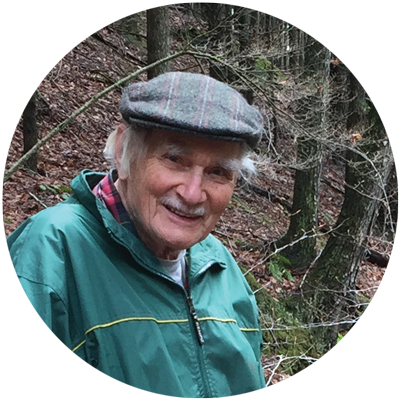Home > Climate News >
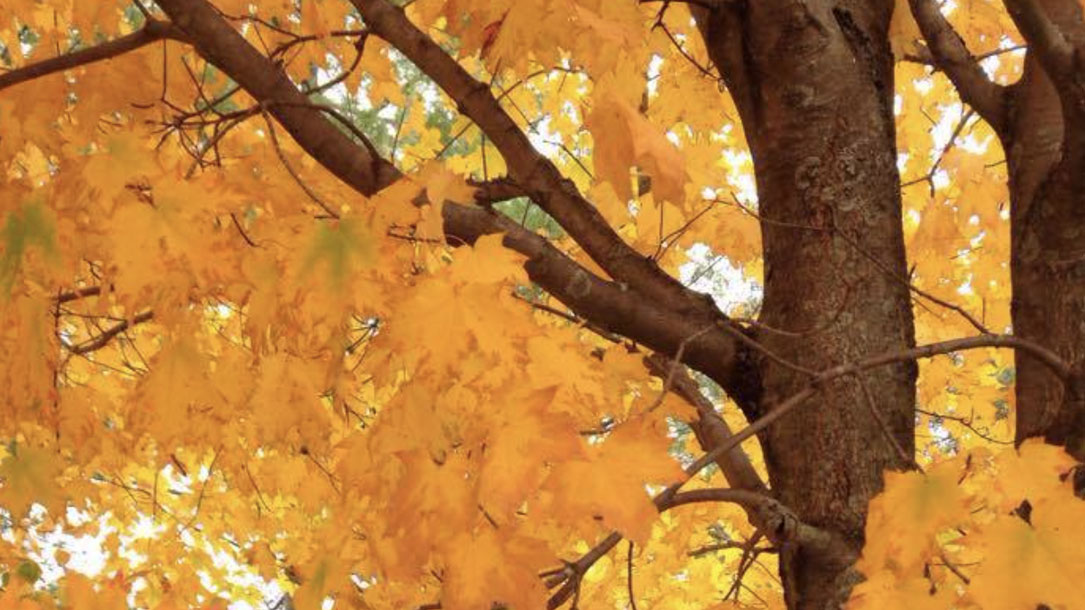
Reflections for land trusts, September 2018
I wanted to share good news about land trusts and their efforts to slow down climate change. This e-News is focusing on how land trusts, with an emphasis on agriculture, are working to encourage a transition away from the use of fossil fuels, a key driver in climate pollution, as well as enhancing soil health.
While it is true that land conservation can play a central role in slowing down climate change, it is also true that it won’t be enough.
That’s one of the reasons why the conservation community is starting to re-frame the use, and siting, of renewables as an important conservation strategy.
I won’t pretend it’s easy. I see a lot of resistance to renewable energy even within land trust boards and staff who understand the necessity of taking action to slow down climate change. It appears that many are concerned about the visual impact of wind and solar.
That concern now needs to be viewed in the context of climate blight and destruction: the fires, floods, droughts, community stress, disease, loss of up to 50% of the world’s species and billions in annual damage.
Many Americans agree. Polling now suggests the American public wants more renewable energy, soon; there are likely people waiting for your land trust to help make that possible as part of its land conservation efforts. It’s one of the ways that land trusts like yours can increase their relevance.
We need your leadership to connect the dots related to how we need save the species, the farms and ranches, the water, and the communities that we as conservationists have pledged to conserve.
Some land trusts are starting to realize that, as you will see below. That’s very good news.
Best,

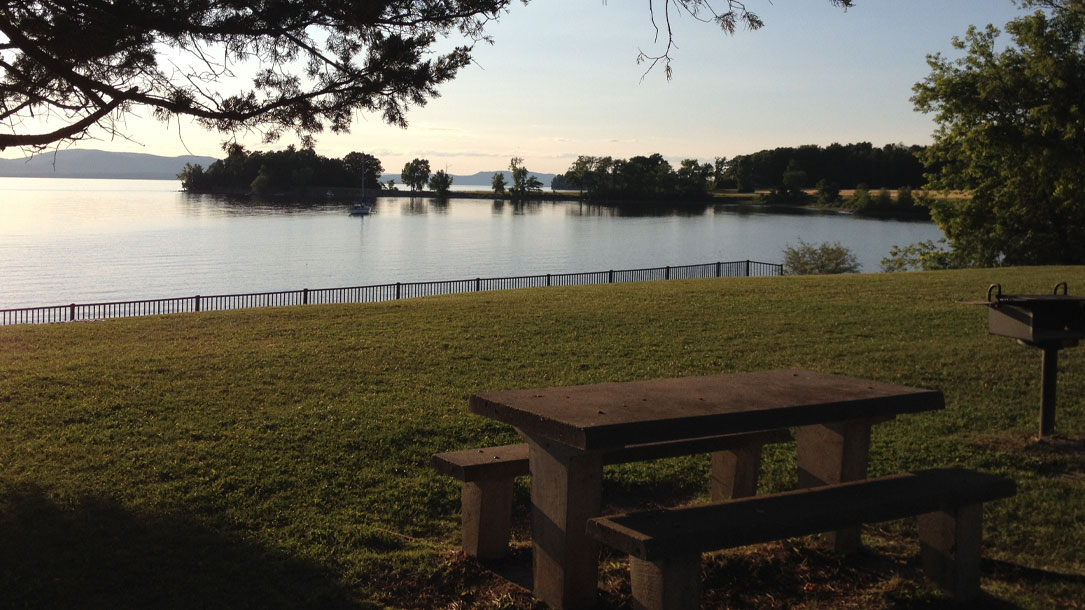
Reflections from Judy, September 2018 Cone of Silence
In the recent Climate Change & Conservation e-News there was a reference the climate change “Cone of Silence”, a communication phenomenon we need to address.
I have no idea how I managed to link to the article about “Black Patients Pain Goes Ignored in Emergency Rooms” but it’s an important topic too.
That said, I’m re-posting the Cone of Silence article (see below).
And, given all this talk about fall, and climate change, I thought it was a good time to introduce you to Charles, the Climate Dog.

Charles, or “Sir Charles” as I like to call him, is keeping an eye out for climate stress and change. His ever-watchful eye observes extreme weather; his ability to pick up on typos and bad links is one of the best I have seen in a dog like him.
He’s here to let you know that taking walks in nature is a good remedy for all sorts of things—including looking for fall color, climate grief and fatigue, and listening to the birds. Feel free to send over questions for Charles…
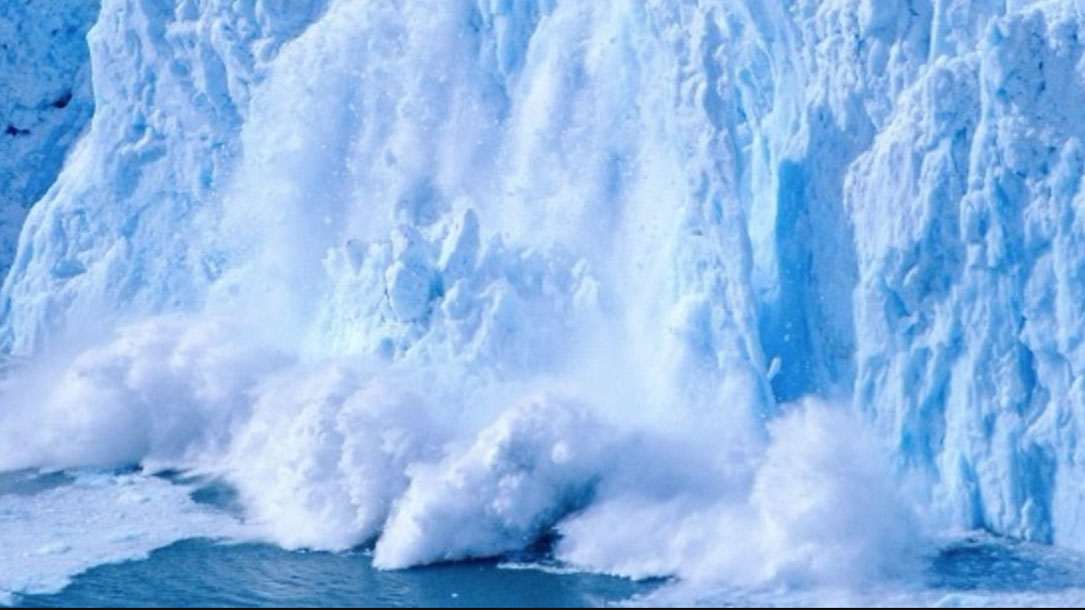
Reflections from Judy, September 2018
The past couple of weeks have found me thinking about climate change more than usual.
The news of the oldest and thickest ice breaking up in the Arctic is perhaps the most sobering yet. This phenomenon – which has never been recorded before – has occurred twice this year due to warm winds and a climate-change driven heatwave in the Northern Hemisphere.
As land trusts and conservation folks consider how important climate change—and slowing it down—is to their mission, the oceans are a major force in the ecological stability of the land.
Part of the solution to climate change is to face the reality, recognize that land conservation alone won’t be enough, start talking about it (even if you think you have conservative donors), and help people find solutions.
The “Spiral of Silence” around climate change has allowed climate denial to spread. That puts long-term conservation at risk more than any development, invasive species, or easement violation might.
The good news is that you can ramp up your efforts to help; the articles below provide a place to start.
Best,

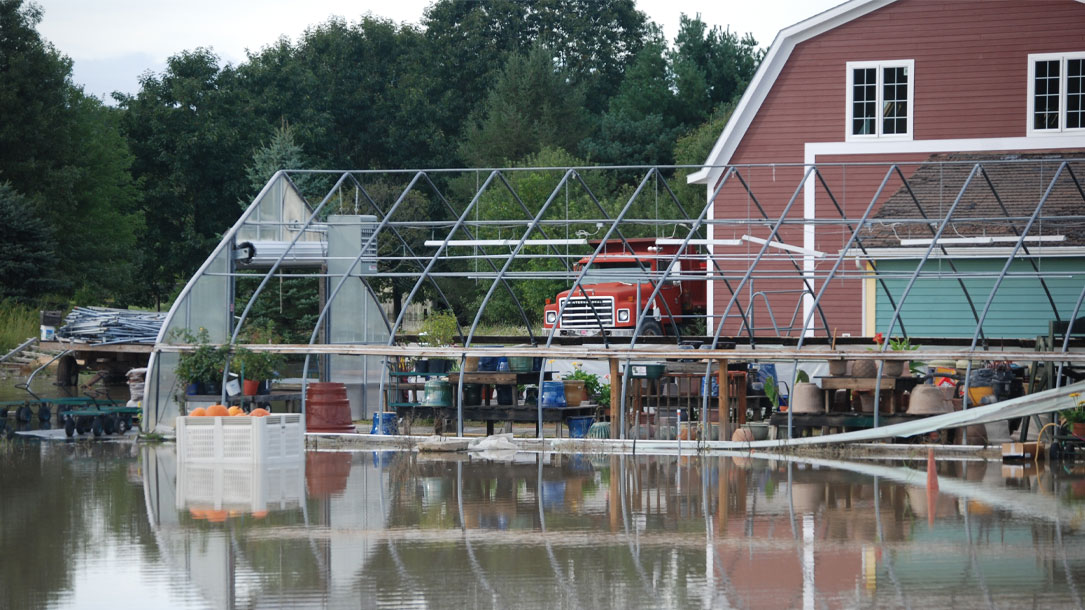
Reflections for land trusts, August 2018
There’s increasing research related to the serious, and growing, impacts of climate change on wildlife, agriculture, community health, and economic vitality.
With extreme weather becoming a regular occurrence, no longer can we say that climate change isn’t part of our conservation or community work.
For many that means rethinking the collective effort we need to help slow climate change down. For others it’s reflecting upon what it means to be a conservationist in a changing world.
There’s good news.
Conservation groups, including land trusts, are working with their communities and landowners to empower them to take action and address climate change.
It’s getting real and you are part of that change. Thank you.
Best,

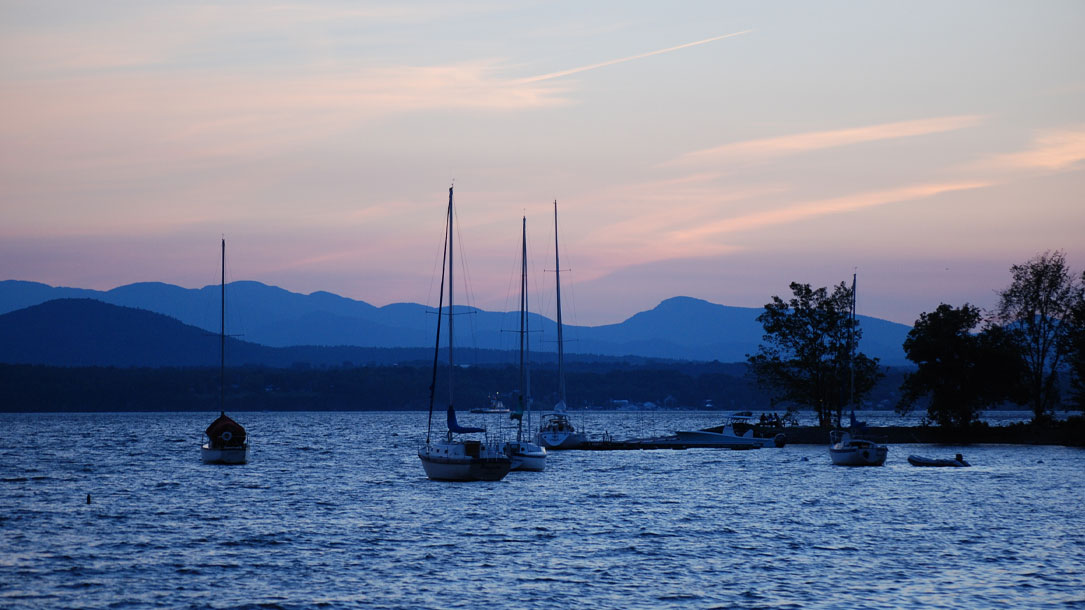
Reflections from Judy, August 2018
I want to take a moment to folks know that I’m thinking of all of you who are grappling with extreme weather right now.
It’s difficult hearing about, and watching, the fires, droughts, flooding, tornadoes, and micro-bursts. I keep thinking about those animals, wild and domestic, as well as so many people in harm’s way.
Climate change is here—and we can’t say it’s “Mother Nature.” It’s Mother Nature of steroids and we gave her the drugs via fossil fuels.
Yet there are solutions around us—we just need to help elevate their importance and re-think what it means to think like a conservationist and a humanitarian. We have a chance, as those of us who care about land and water conservation, to help slow climate change down. With each year that passes we lose valuable time.
That means ramping up how we support carbon farming and enriching the soil, recognizing the urgency of increasing renewables, and re-assessing the impacts of renewables on land and water given the serious threat of climate change to those very lands and waters we love.
We need to talk about climate change to counter misinformation and help people understand that conservation and renewable must co-exist, and that will mean changing our perspectives.
I know we can do this. Many conservation organizations and land trusts already are.The good news is that the political divide about climate change may not be as far apart as you have been led to believe. Thanks for learning, and caring about climate change, with me.

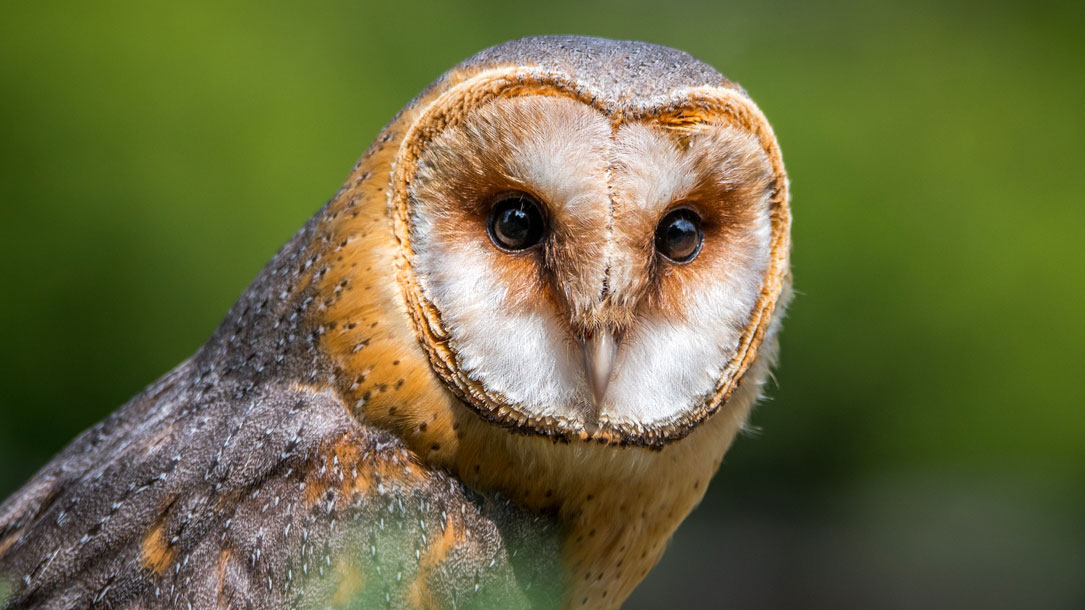
Reflections for land trusts, July 2018
It’s rough out there.
Birds dropping out of the sky, dead, or starving to death. Bats dying from heat, dehydration and disease. Moose getting eaten alive by ticks. Fires burning up forests, wildlife and communities—way faster than they can regenerate.
Throughout the world, and here in the U.S., temperatures are breaking records—with deadly impact.
Climate change is making what we love, and working to conserve, vulnerable to species stress and extinction. Indeed, many think the predictions of bird stress and extinction in Audubon’s Bird Report are now underestimated given the acceleration of climate change.
But there is opportunity to directly slow climate change down. You, and me, are part of the solution–and we can’t give up.
If we are willing to say that conservation should last for generations to come we will need to build our team or shift some of our work so we can be part of the solution.
To be sure, land can be part of that to store carbon, but it won’t be nearly enough. It’s important that we are realistic.
The good news? Land trusts, conservation groups, and others who care are doing just that as I outline below.
Best,

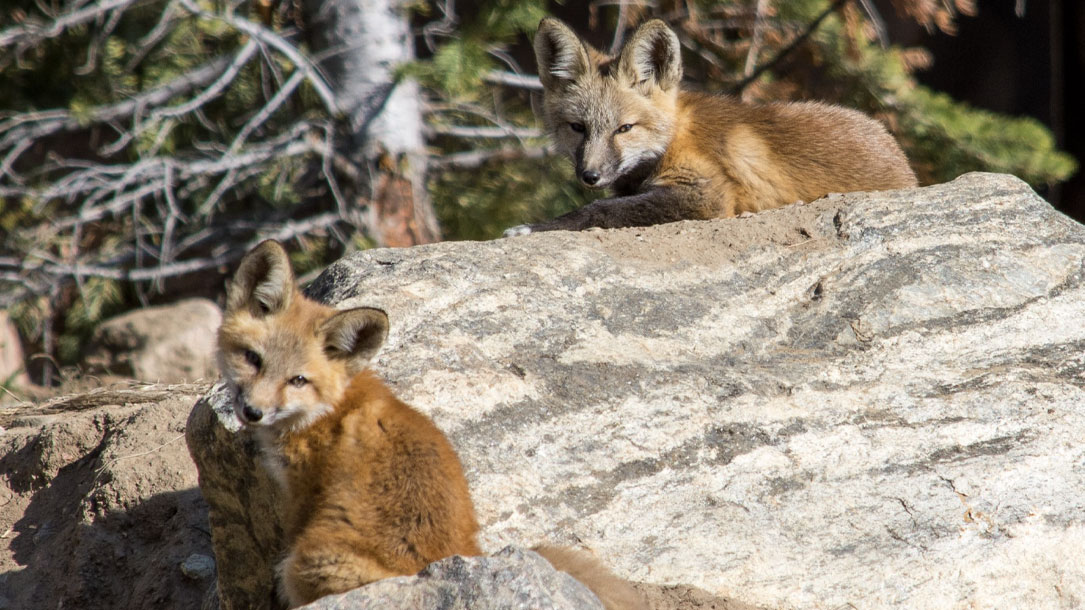
Reflections from Judy, July 2018
There’s some good news out there.
Despite additional research showing that climate change is accelerating—and the negative impacts on birds, bees, soil, trees…heck, almost everything we are working to conserve—some folks, including conservation groups, are re-thinking what it means when we focus on land conservation and the pledge to conserve those lands for generations to come.
There’s also thought provoking research about land restoration and if, or when, you want to tackle invasive species. I think you’ll find the article below very interesting.
Likewise, there is now growing evidence that conservation agreements (easements) will need to continue to change to allow landowners to both adapt to, and help slow down, climate change.
For conservation to last generations we need to recognize that the work of conservation is, and will need, to adapt. Given that climate change is the greatest threat to conservation we have ever faced, working to slow it down now is one of the best things you can do as a conservationist.
That’s why I’m feeling somewhat hopeful.
You, and your local land trust, can help make a big difference in how people see the need for renewables and the impact of climate change on birds, bats and other species that are often used to fight them. Check out Tug Hill Tomorrow Land Trust’s website as an example of that.

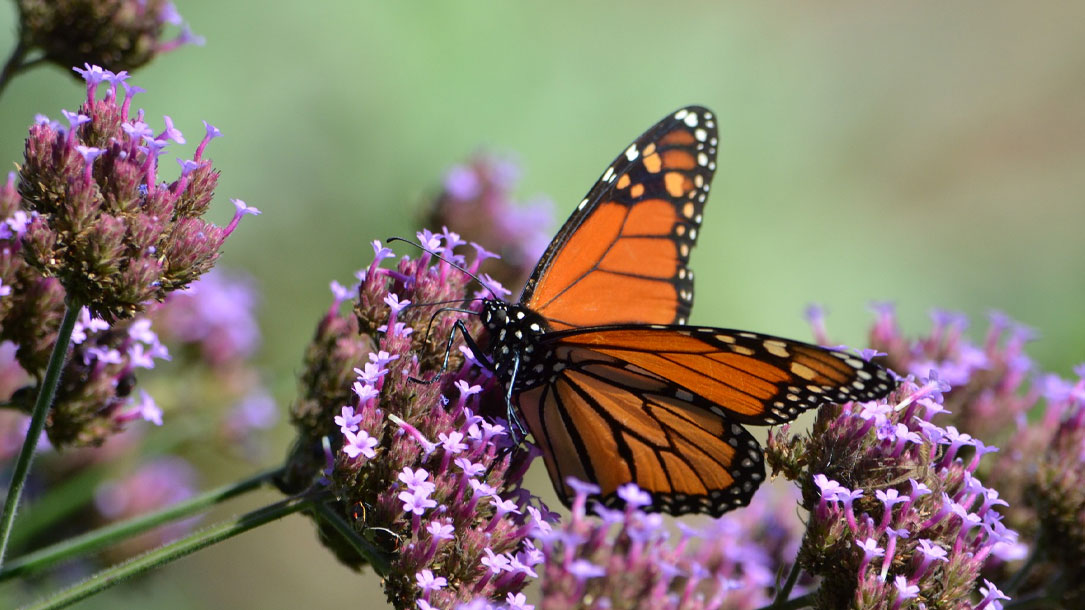
Reflections from Judy, June 2018
I’m feeling encouraged. An increasing number of people who are working to conserve land and water are reaching out to me to talk about climate change and how they can help slow it down.
That’s a really good sign as the reports about accelerating climate change are mounting.
Unlike other challenges, the impact of climate change (even if we stop carbon pollution emission), will last for hundreds of years.
That’s why it’s important that you, and your local land trust, find a way to play a key role in building support to slow it down.
It all starts with small changes. For me, and a growing number of those that care, it means understanding the impact of climate change on the lands, waters, and community so that I can balance the ‘old way’ of thinking about conservation and renewables with the ‘new way’ which recognizes what will happen (is happening) if we don’t take significant action.

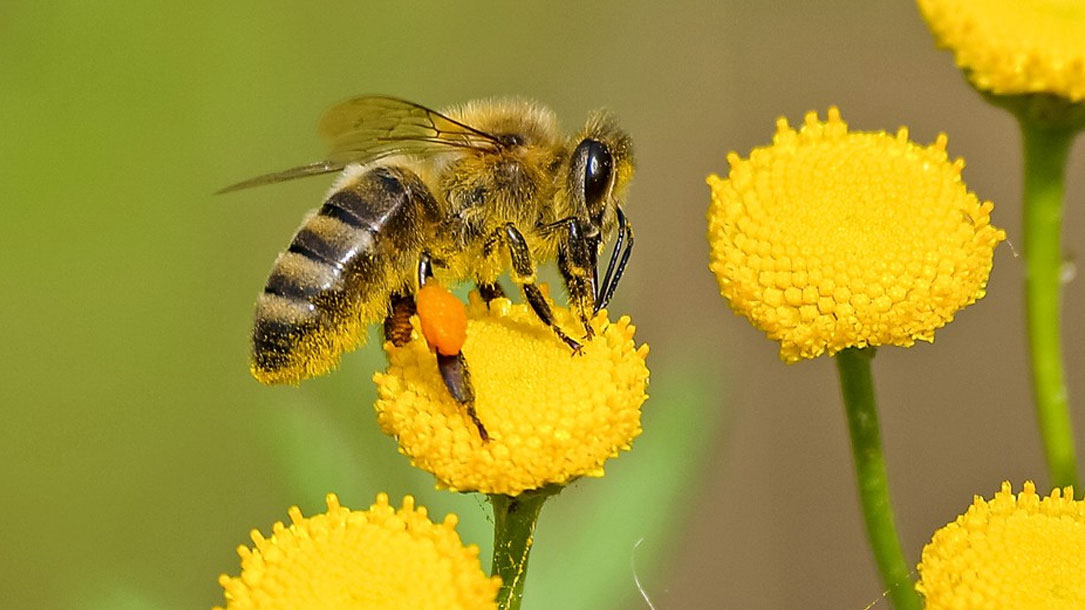
Reflections for land trusts, May 2018
Were you were able to get outside at some point over the last week? Connecting with the lands, waters, and people we love is going to be ever-more important as we work together to slow down climate change.
There’s been a number of new studies over the past month documenting the increasing pace and impact of climate change. The importance of recognizing that land conservation and our communities are at risk, and we can do something about it if we act in the next 10-15 years, is of growing urgency.
But we don’t have to be shrill. We need to connect the dots. And shift our thinking. With massive species extinction predicted in the next 60-80 years, it’s getting very real. Unfortunately, once we get climate change in check, the impact will last for centuries.
That’s why the time is now. I know we can do this if we recognize this effort is as important, or more so, than our other conservation work. Talking about is is a great place to start.
Best,

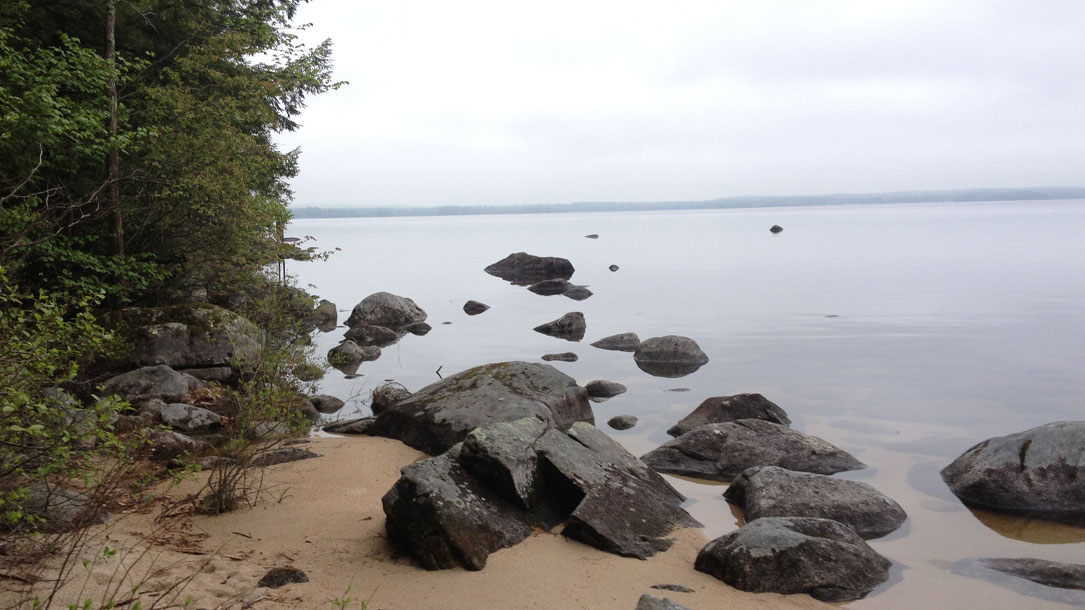
Reflections from Judy, May 2018
I’ve been thinking about what “perpetuity” means in the context of land conservation and climate change. Do we mean many generations out? Forever? The next forty years?
It’s an interesting concept for us to consider given the accelerating pace of climate change—and the increasingly apparent negative impacts it is having on agriculture, wildlife, forests, water, recreation, and our communities.
For many, including land trusts, it will mean shifting our thinking away from conservation as we have thought about it to a new version of conservation that recognizes it is under threat from climate change, as never before.
This realization calls for new actions to significantly slow down the use of fossil fuels and increasing energy conservation within the next ten years—in addition to land conservation. Land conservation can and will need to be part of the climate solution, but it won’t be nearly enough.
Below is a mix of good news and some very sobering news. I share both in the hopes that together we can grow into an active team to tackle this. The very essence of what we are conserving today is at stake.
Best,




